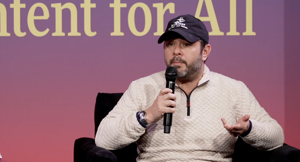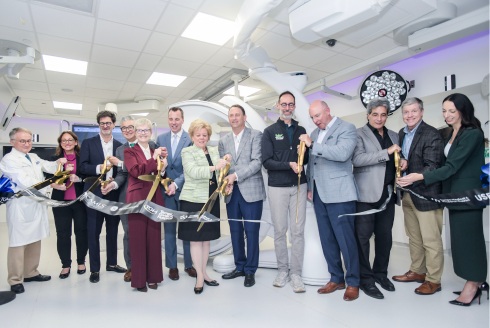
Senator Ruben Gallego has urged the Democratic Party to change its approach to discussing affordability, particularly as Arizona’s cost of living has now exceeded the national average for the first time. Addressing attendees at Crooked Con, a progressive media and politics event organized by Crooked Media, Gallego emphasized the need for the party to shift away from traditional terms like “minimum wage.” He argued that such language does not resonate with voters who are increasingly burdened by rising living costs.
In his remarks, Gallego pointed out that the term “minimum wage” fails to capture the complexities of financial struggles that many citizens face today. He believes that focusing on broader issues of affordability will better connect with constituents who are experiencing economic hardship. According to recent reports, Arizona’s cost of living surged by 6.9% in the past year, surpassing the national average for the first time, which was recorded at 5.4%. This stark increase has put additional pressure on families and individuals across the state.
Gallego’s comments come at a pivotal moment, as many states grapple with the implications of inflation and rising costs. He argues that Democrats need to adopt language that reflects the realities of voters’ experiences. “We are not just talking about wages; we are talking about what it costs to live,” Gallego stated, emphasizing the need for a more comprehensive dialogue surrounding economic issues.
Critics within the party have pointed out that the traditional focus on minimum wage discussions can alienate voters who may not see immediate benefits from wage increases. Instead, Gallego advocates for a conversation that encompasses all aspects of financial well-being, including housing costs, healthcare expenses, and education. This approach, he argues, will make the party’s messaging more relatable and impactful.
The senator’s call for a reframing of the dialogue on economic issues is particularly relevant as the 2024 elections approach. As candidates prepare their platforms, Gallego’s insights may serve as a guiding principle for those looking to connect with voters on a deeper level. The shifting economic landscape in Arizona, marked by rising costs and a fluctuating job market, underscores the urgency of this discussion.
In light of these developments, it remains to be seen how the Democratic Party will respond to Gallego’s proposal. By embracing a more inclusive and relevant vocabulary, the party may find new opportunities to engage with a populace facing significant economic challenges. As Arizona’s cost of living continues to climb, the implications of this conversation will be critical for both voters and policymakers alike.
The senator’s advocacy for a language shift reflects a growing awareness among political leaders about the need for more meaningful engagement with constituents. As the economic landscape evolves, so too must the conversations that shape policy and political priorities.







